Review: Seat Ibiza 6L (2002 – 2008)
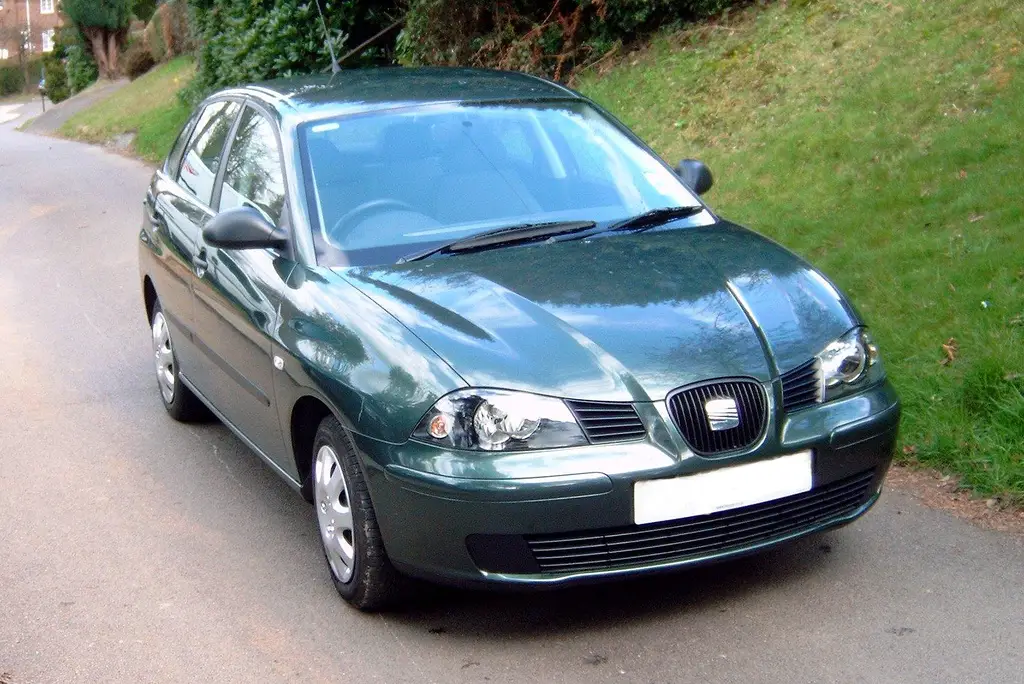
Are you looking for a Skoda Fabia but the looks are just too dull? Seat Ibiza 6L? Are you searching for a Polo 9N GTI but can’t find one? Seat Ibiza 6L. However, is it worth buying one?
From this trio of superminis, you had the following options: Skoda Fabia was cheaper, more practical, but less well-equipped. Then you had the Seat Ibiza 6L, which was the sportiest but suffered in options and features department, much like Gal Gadot. And then there was the Polo 9N, the premium version until the arrival of the Audi A1. In practice, just like the Skoda Octavia – VW Golf IV – Seat Leon 1M had the same mechanical platform, the same happened in the light but quite featherweight category.
Why should you buy the Seat Ibiza and not the other mechanically identical cars? Honestly, the selling point of the Seat Ibiza 6L was its sportiness, especially the FR and Cupra versions. The Polo GTI only appeared in 2006, so until then, the Ibiza Cupra was the king in the hot supermini sector, if this concept had any relevance in the 2000s. In Europe there was certainly little interest in supermini and even less in the hot version of said superminis, considering that people were driving saloons at the time, such as the Vectra C, the Mondeo III or the Passat B5.5. The brand didn’t matter; it had to have 4 doors and a boot.
If we talk about the present, a Ibiza from this generation is an ideal car for beginners, ladies and young women intimidated by bigger cars, or people who absolutely don’t care about cars and want something cheap.
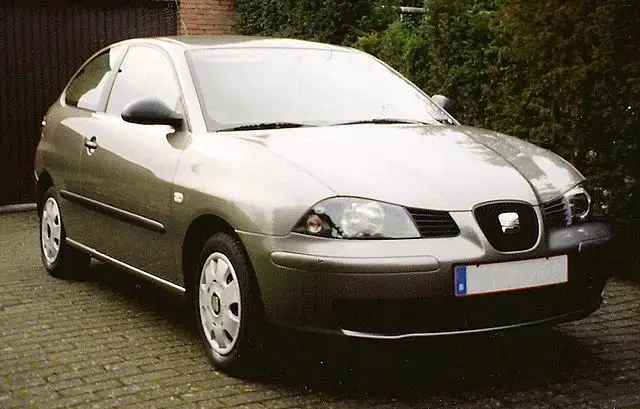
Seat Ibiza 6L Engines
Petrol
- 1.2 MPI AZQ / BME / AWY / BMD / BBM of 54, 60, 64, and 70 horsepower – I had this engine in a Polo 9N. It was the 12v, 64 horsepower one. It burned oil, it lacked power, and occasionally ate coil packs, and I understood that at some point in its life, the timing chain needed to be changed. Why would you put a timing chain on a 1.2 naturally aspirated engine built for the city? I haven’t asked questions like that for a long time.
- 1.4 MPI AUA / BBY / BKY of 75 and 101 horsepower – Now we’re talking. It still eats coil packs, you need to be very careful with the timing belt replacement to be done on time, and sometimes the cylinder head gasket burns.
- 1.4 FSI AUB / BBZ with 86 horsepower – I wouldn’t go for this engine because it’s sensitive to fuel quality, and mechanics tend to avoid it more than I am avoided by children in parks or by girls on Tinder. Plus, it has it’s own particular electric gremlins, which are different and more numerous from the non-FSI engines, and again, mechanics avoid it.
- 1.6 MPI BAH / BTS of 101 and 105 horsepower – I give this engine a “YES” three times, but it’s rarer on the Ibiza than my moments of lucidity. Found mainly on Golf and Octavia, this is the most versatile non-sport engine on the Ibiza 6L. Occasionally, it eats oil and coil packs, but overall, it’s a very reliable engine.
- 1.8T AUQ of 150 and 180 horsepower – You can’t go faster with less money if we’re talking about stock cars. The Seat Ibiza FR replaced the Polo GTI until 2006 and was the coolest one in an empty parking lot, because in 2002 no one was buying hot hatchbacks. Occasionally it eats coil packs and timing chains, but the main concern about this engine is that it was driven constantly at full throttle because if you paid for 150 horsepower, you’re going to use all the 150 horsepower.
- 2.0 MPI AZL / BBX of 115 horsepower – Seriously, did they install this engine on the Seat Ibiza? In fact, if I think about it, this engine is quite decent for the Ibiza. That’s because it sacrifices performance and fuel consumption for total reliability.
Diesel
- 1.4 TDI BNM of 70, 75, and 80 horsepower – I don’t necessarily understand why you would buy a diesel Ibiza, but again, I can’t understand why everyone is a fan of calzone pizza. Essentially a 1.9 TDI with one cylinder removed, you get the same reliability, performance and fuel economy, but you also get the noise of gravel falling from a wheelbarrow so intense that you could be liable for a fine up to 5,000 pounds.
- 1.9 SDI ASY of 64 horsepower – A hardworking engine for a city car? On the Caddy, this engine makes perfect sense, but on the Ibiza, I don’t know what to say… Again, it’s made of reinforced concrete, but acceleration is measured with the calendar.
- 1.9 TDI ATD / AXR / BMT of 101 horsepower – If you don’t mind paying an extra 10 pounds in road tax, skip the 1.4 TDI and go for this classic, the eternal 1.9 TDI. I’m tired of writing about this engine, so you can read more in the Golf IV review.
- 1.9 TDI ASZ / BLT / BPX / BUK of 130 and 160 horsepower – The Seat Ibiza Cupra came with the same 1.9 TDI 130 as the Fabia vRS, but also with the delightful 160 horsepower 1.9 TDI, developed specially for Seat. Although, if you ask me, I’d still go for the cylinders of the 1.8T.
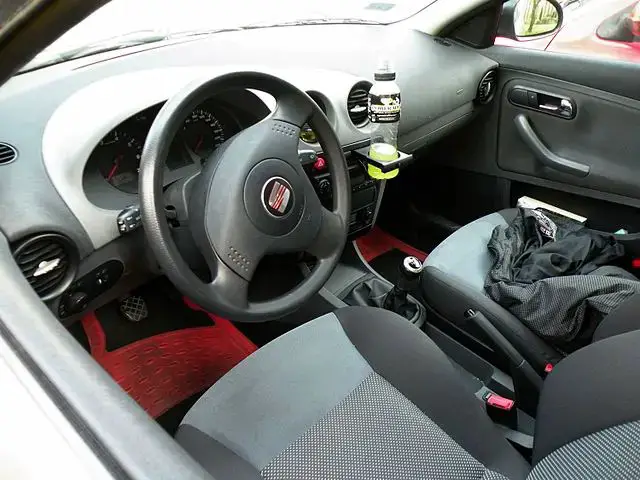
Seat Ibiza 6L Reliability Issues
- Door locks tend to fail and leave you stranded outside. As I mentioned, I used to own a Polo 9N, and similarly, the tailgate lock was broken, and sometimes the door locks worked, sometimes they didn’t.
- The bushings are made of a mixture of chewing gum and Fosters beer, so be prepared to replace them often! Apparently, the bushings from the Golf IV diesel are compatible, and you’ll have them for life. The only real downside here is that you’ll have to explain to the buyer why you haven’t replaced the bushings in the past 5 years when the time comes to sell it.
- It’s a VW, so you have a sensor for every sensor. Many electrical issues, especially with window electronics. Or you can buy a basic model without too many electronics and sleep sound at night, and not the sound of the check engine light.
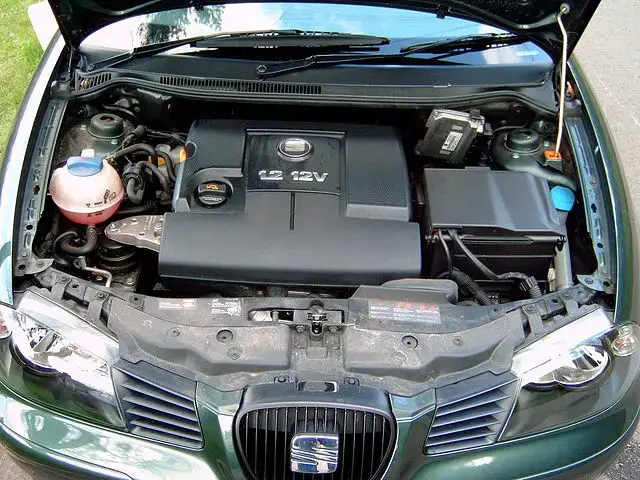
Seat Ibiza 6L Verdict
An excellent car for beginners or for people who know nothing about driving and/or cars and don’t want to know about cars. I don’t recommend it for long trips because Ibiza shines in urban environments. A car that is a real rival to the Corsa C in the cheap supermini sector. Seriously, it’s comically cheap to buy and run.
Which engines do I recommend? For the urban environment, I clearly recommend the 1.4 MPI naturally aspirated petrol with it’s modest but adequate 75 horsepower. However, if you have the habit of inhaling spirits at night and having diesel engine hallucinations, and you can’t see your life in any other way, then the 1.4 TDI diesel (any power version) is decent, and the 1.9 TDI with 101 horsepower is perfect.
Similar Articles
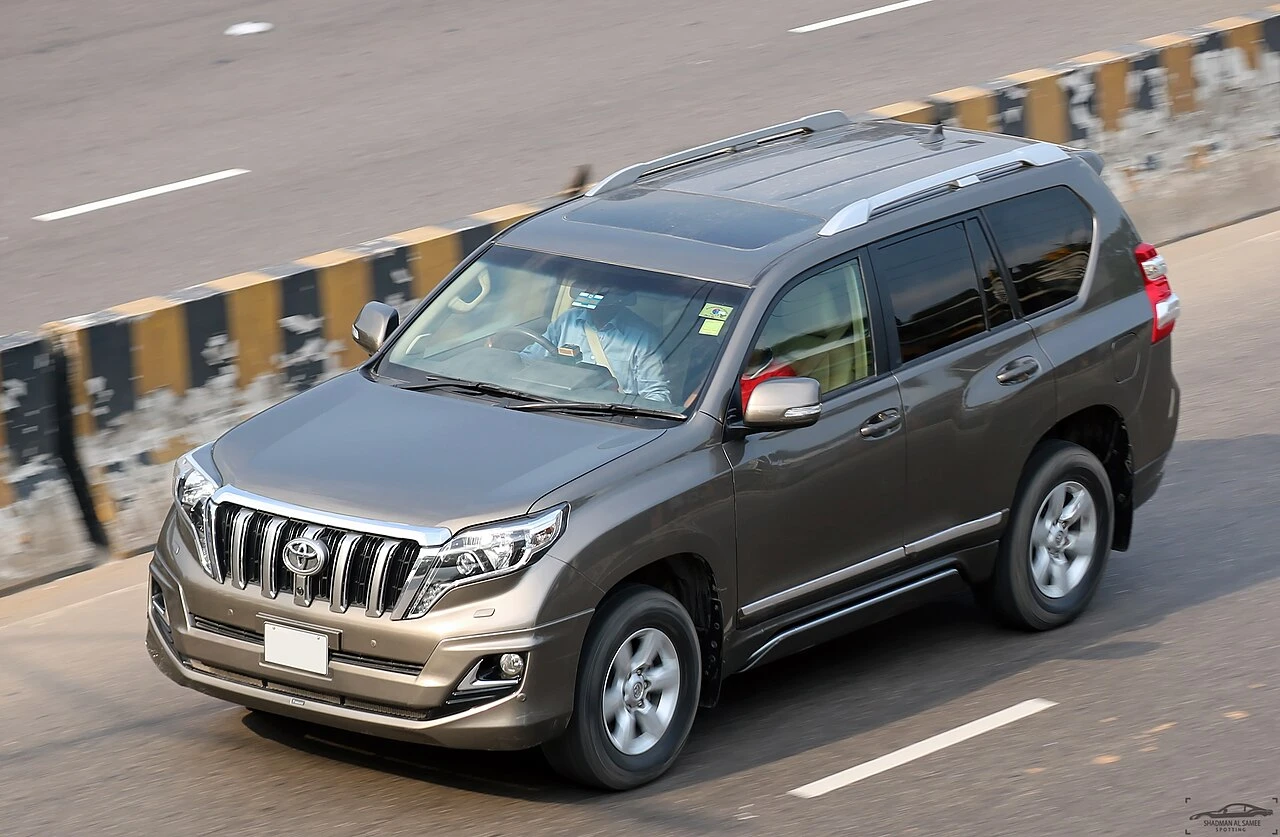
Review : Toyota Land Cruiser J150 ( 2009 - 2023 )
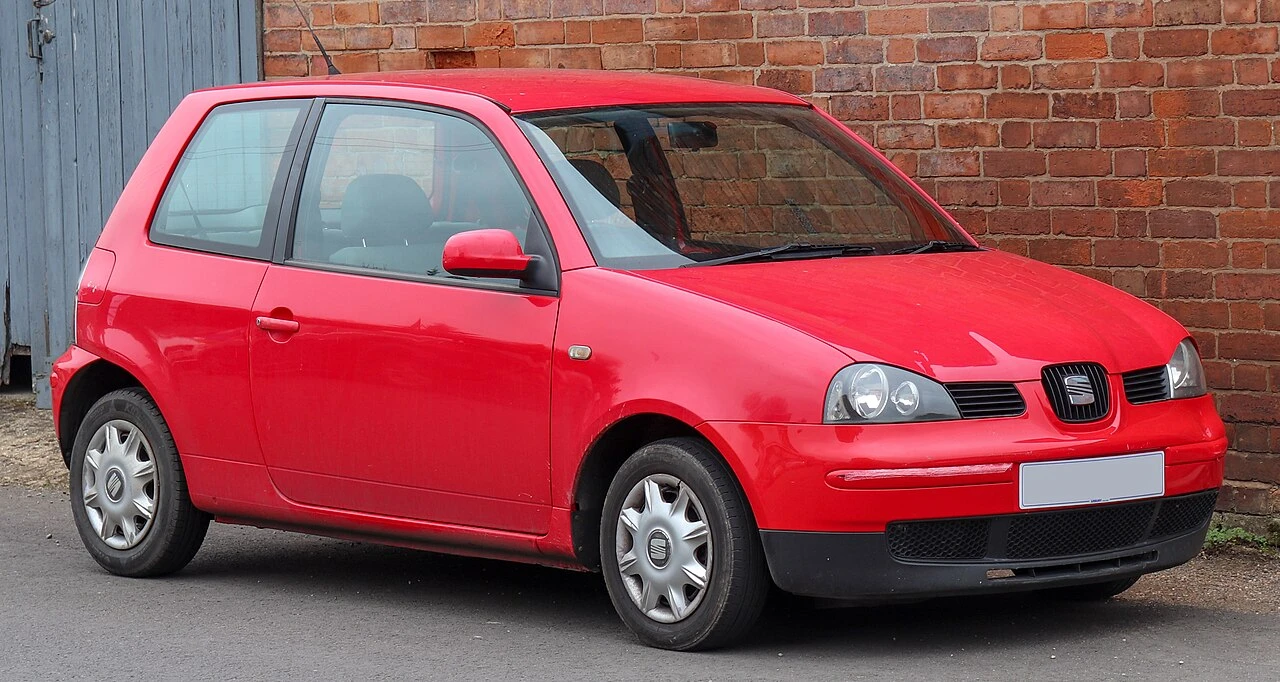
Review : Seat Arosa ( 1997 - 2004 )
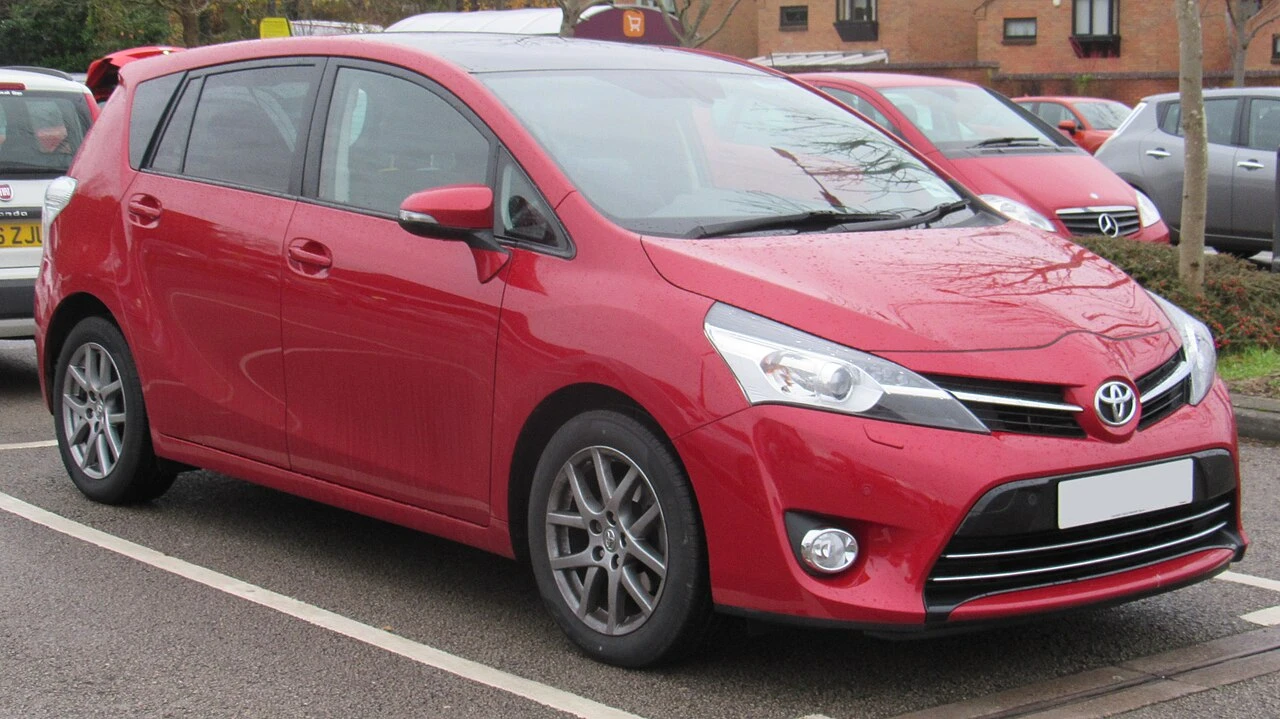
Review : Toyota Verso AR20 ( 2009 – 2013 )
Write an answer
- Review : Toyota Land Cruiser J150 ( 2009 - 2023 ) 15 December 2025
- Review : Seat Arosa ( 1997 - 2004 ) 01 October 2025
- Review : Toyota Verso AR20 ( 2009 – 2013 ) 10 November 2025
- December 2025
- November 2025
- October 2025
- August 2025
- July 2025
- April 2025
- March 2025
- February 2025
- January 2025
- December 2024
- November 2024
- October 2024
- August 2024
- July 2024
- June 2024
- May 2024
- April 2024
- March 2024
- February 2024
- January 2024
- December 2023
- November 2023
- October 2023
- September 2023
- August 2023
- July 2023
- June 2023
- May 2023
- April 2023
- March 2023
- February 2023
- January 2023
- December 2022
- November 2022
- October 2022
- September 2022
- August 2022
- July 2022
- June 2022
- May 2022
- March 2022
- April 2021
- January 2021
- December 2020
- November 2020
- October 2020
- September 2020
- August 2020
- July 2020
- March 2020